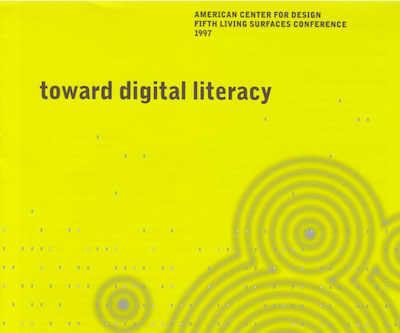Yehwan Song
Exploring Possibilities in Web Design
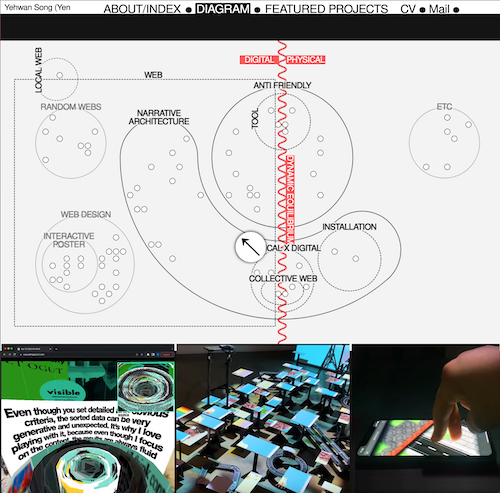
Yehwan Song homepage. The site is experimental and highly interactive, featuring videos and links to her design work around the world. Screenshot taken June 2022, courtesy Yehwan Song.
Written by Erin Malone
Yehwan Song is a classically trained graphic designer from South Korea who works exclusively on the web with data, content, and code. She explicitly works to challenge the status quo of what “usable” means and to explore the creative possibilities of the medium.
Song earned a BA from Hongik University. She spent time at the Gothenburg University in Sweden as an exchange student and also studied at the School for Poetic Computation (SFPC) in 2019 in New York City, where she worked expressively with code, design, hardware, and theory.
Song’s ability to code is second nature, having started coding and making games and animations in Flash when she was a kid. Her father was an early adopter of devices, so she comes by technology and computing naturally. In an interview for “It’s Nice That” she explains, “When I was in school, I accidentally took a geometry and construction maths course, and I ended up being fascinated by the patterns and shapes made by these rules. I was fascinated by the unexpected results and the aesthetics of it. From that one-month-class that I took just because I had nothing else to do, I started to think that I could actually use the computer as a tool to create something charming and interactive. It was from that point I started to love artists like Yugo Nakamura and Angelo Plessas.”[1]
Like Auriea Harvey, who was designing a generation before Song and was pushing the limits of the medium of html, css, and what could be designed with it, Song is using her skills not only for client work but to play, explore what is possible with structured data, algorithms, layers, and time to showcase the diversity of design and to widen the perspective of what can be done within the medium. Unlike Harvey, however, the current super-fast bandwidth afforded Song allows her to dynamically use code to both deliver content and break the expected user interface rules at near instant speeds.
Over the last twenty-five years of web-based design work, websites have become more usable as designers have solidified design patterns and templates that exemplify ease of use. It’s this templatized presentation—where all sites look the same and work the same which makes the content feel bland and redundant—that Song is rebelling against. In an interview from 2020, she speaks about her time at SFPC and her approach to technology, “Yes, SFPC affected me a lot on how to use technology and how to treat it. For those of us who are from an Asian background, tech is generally from a Western background or a different culture from ours, and we just follow that. There are many things that we need to think about instead of just following and catching up with faster technology.”[2]
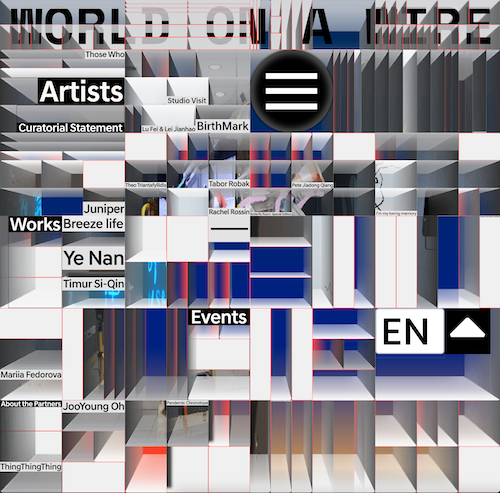
Screenshot from World on a Wire experimental website designed by Yehwan Song. The site showcases the first exhibition in a partnership between Hyundai Motor Company and Rhizome of the New Museum to showcase leading digital art globally. Screenshot taken June 2022, courtesy Yehwan Song.
Song’s work straddles the line between art, performance art with digital data, and consumer websites. “I think that my practice is partly performance and partly functional design. I try to push my work as far as possible to make people aware that there are other possibilities.”[3] Song has a roster of consumer clients, like Volkswagen, but her collaborations with them push the envelope for what’s considered a commercial website these days. Song has been featured in a number of art, technology, and design magazines around the world and is a frequent speaker and guest lecturer in design schools.
Her exploratory work, both on her own site and with organizations like the Whitney Museum of American Art, explore time, layering, and auto generation of templates delivered with algorithms to show people that “fast technology which shows people the next form of content before they’re aware of it can make people dull and limit their way of thinking.”[4]
For example, Song’s project “graphic design dictionary” on her website layers panels over each other while gradations move across the text underneath on the base layer both obscuring the words and creating focus on the text at the same time. The piece is interactive and depending on what definition the user selects, the top panel pans to show examples of designs that embody that definition. Once a user has interacted with the site, a downloadable PDF is offered. It’s playful and engaging and breaks all the “rules” of usability in new and exciting ways.
On her website, Song explains her philosophy of design, “Yehwan Song is an artist and designer questioning standardized design and interface conventions that frame users’ behavior and the templates that make them lose their content awareness and become accustomed to oversimplification. She constructs outside-the-frame devices and interfaces to challenge the notion of user-friendliness. She pursues diversity instead of consistency and respects variety in the web environment above efficiency.”[5]
Footnotes:
[1]. Yehwan Song, Yehwan Song wants to radically change how people think about the web, interview by Charlie Filmer-Court, It’s Nice That, February 24, 2020, https://www.itsnicethat.com/features/ones-to-watch-2020-yehwan-song-digital-240220.
[2]. Yehwan Song, Scripted Space, interview by Scripted Space, Scripted Space, July 12, 2020, http://scripted.space/interviews/yehwan-song.
[3]. Song, Scripted Space.
[4]. Song, Scripted Space.
[5]. Yehwan Song, “Yehwan Song,” yhsong.com, 2021, http://yhsong.com/.
Bibliography:
Selected Stories
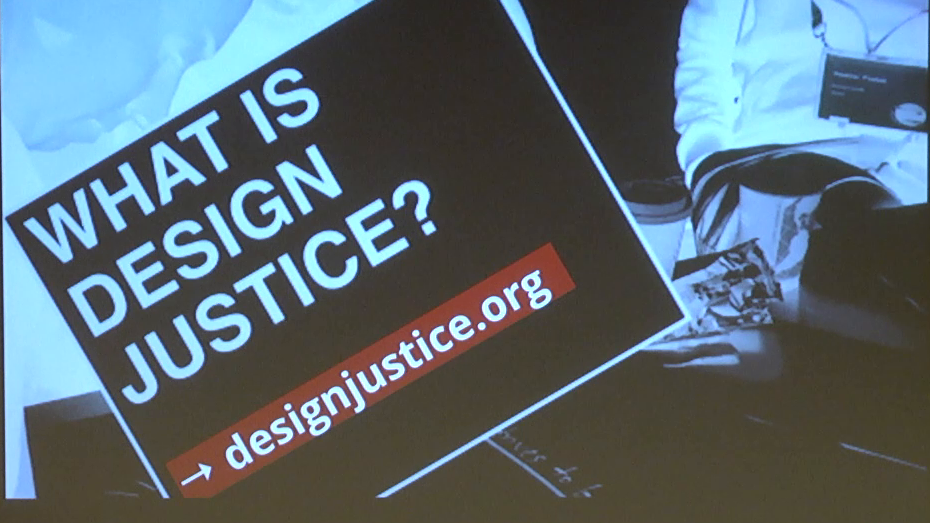
Sasha Costanza-ChockProject type
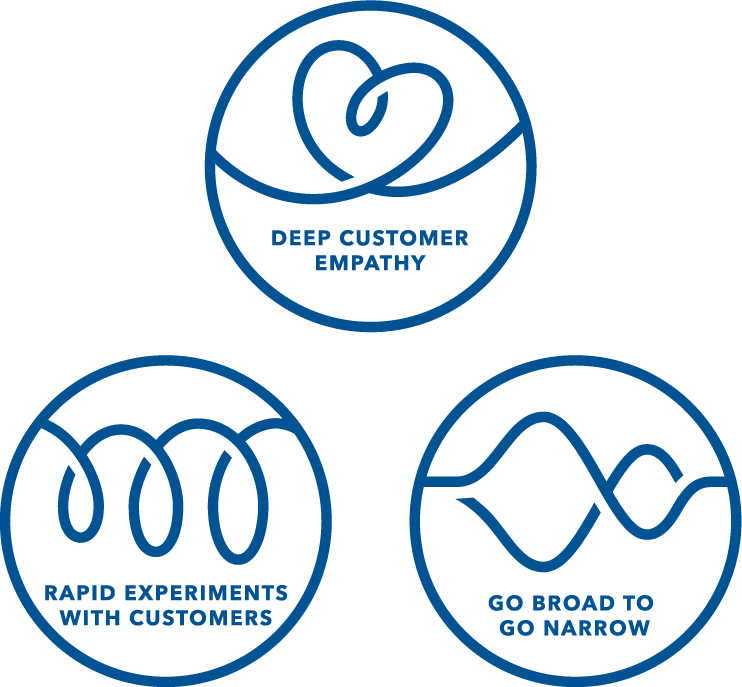
Kaaren HansonProject type
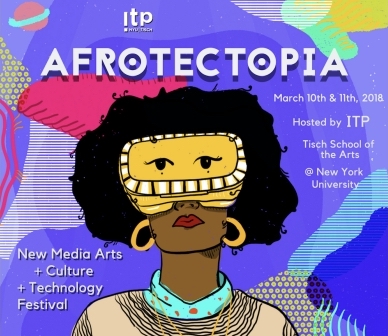
Ari MelencianoProject type

Mizuko Itoresearch
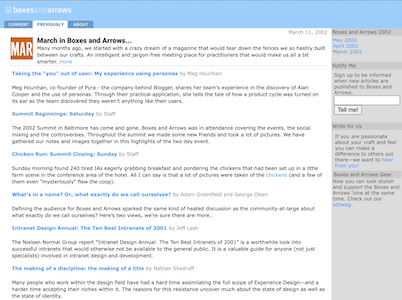
Boxes and ArrowsProject type

Mithula NaikCivic
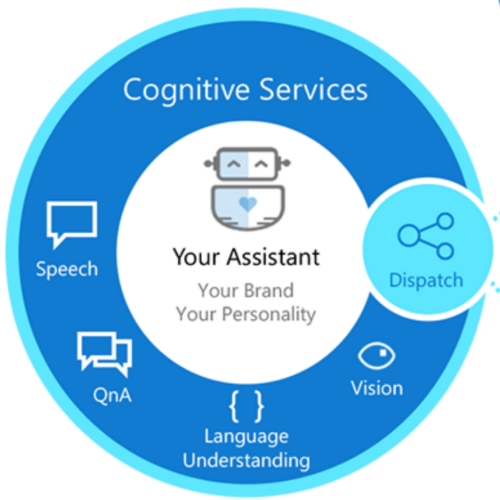
Lili ChengProject type

Ovetta SampsonProject type

Yehwan SongProject type
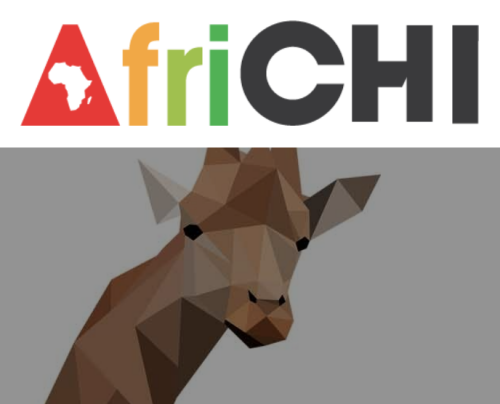
Anicia PetersProject type

Simona MaschiProject type
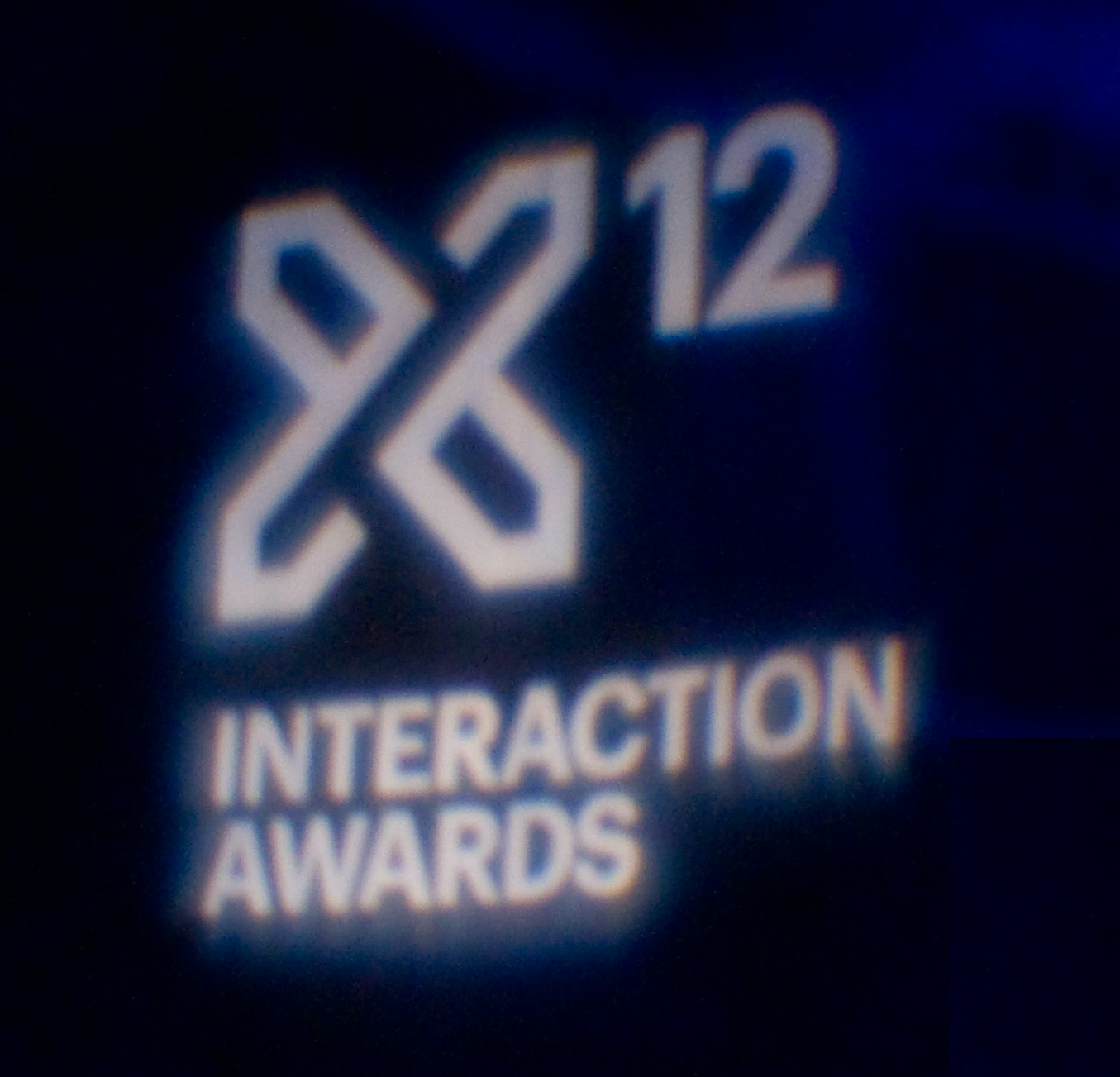
Jennifer BoveProject type
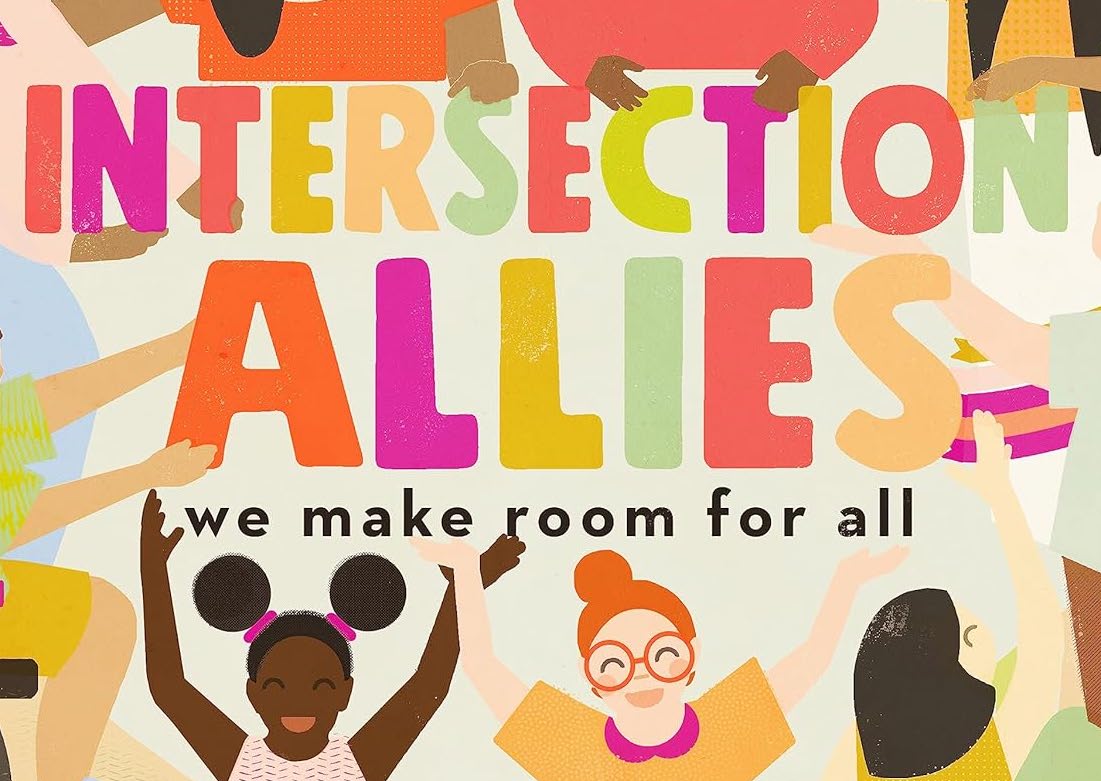
Chelsea JohnsonProject type
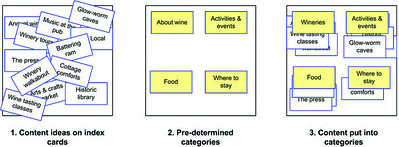
Donna SpencerProject type

Lisa WelchmanProject type
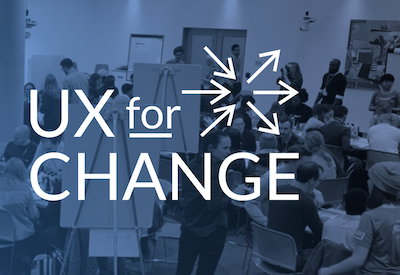
Sandra GonzālesProject type

Amelie LamontProject type

Mitzi OkouProject type

The Failings of the AIGAProject type
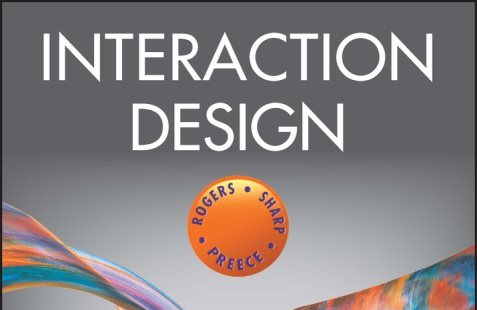
Jenny Preece, Yvonne Rogers, & Helen SharpProject type

Colleen BushellProject type

Aliza Sherman & WebgrrrlsProject type
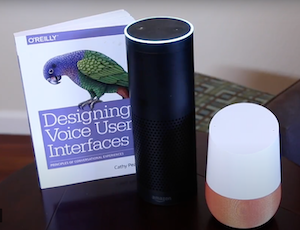
Cathy PearlProject type

Karen HoltzblattProject type
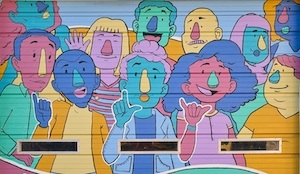
Sabrina DorsainvilProject type
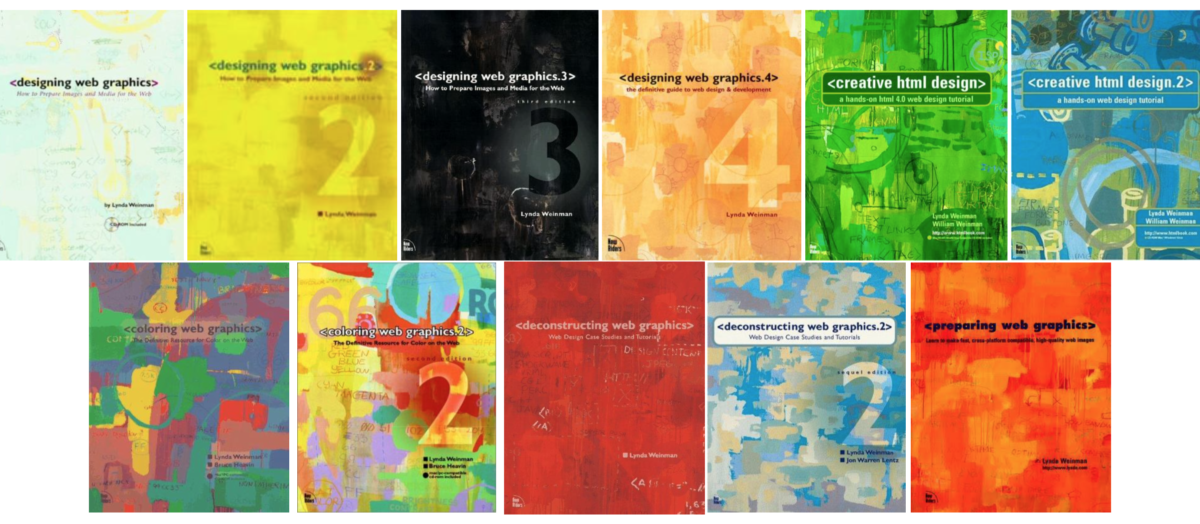
Lynda WeinmanProject type
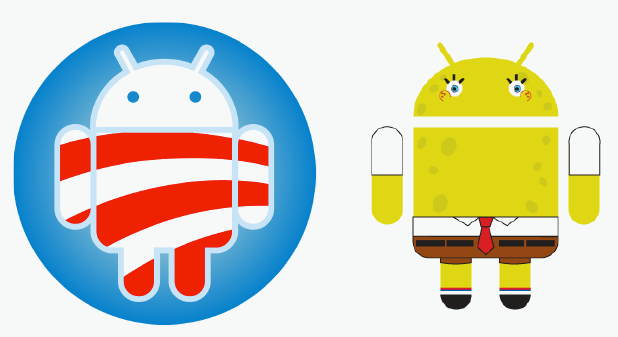
Irina BlokProject type
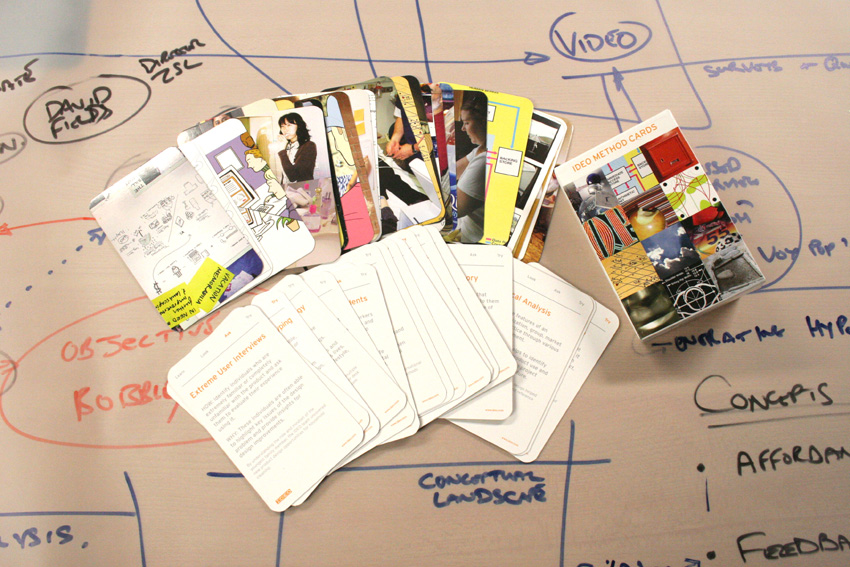
Jane Fulton SuriProject type

Carolina Cruz-NeiraProject type
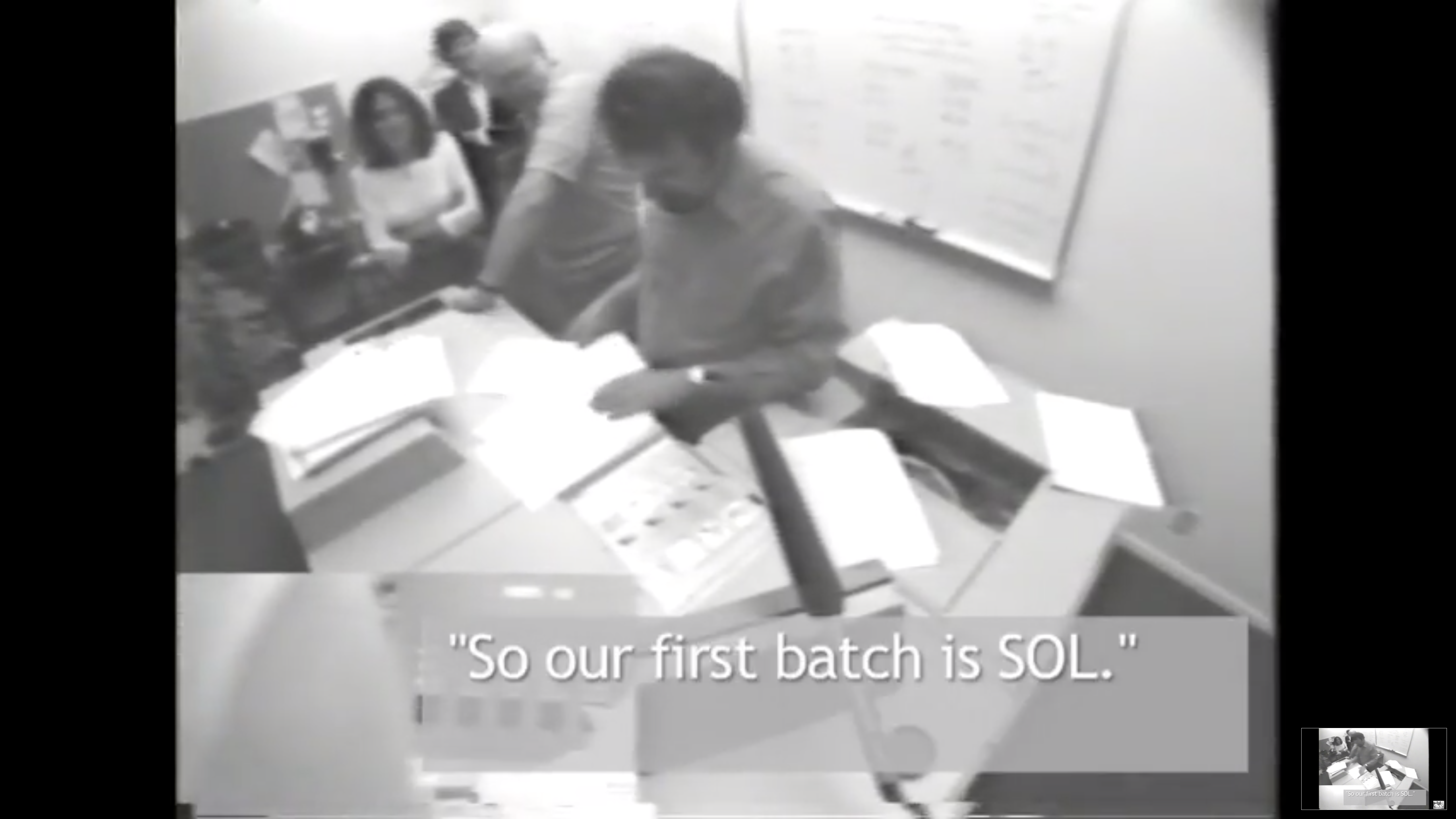
Lucy SuchmanProject type
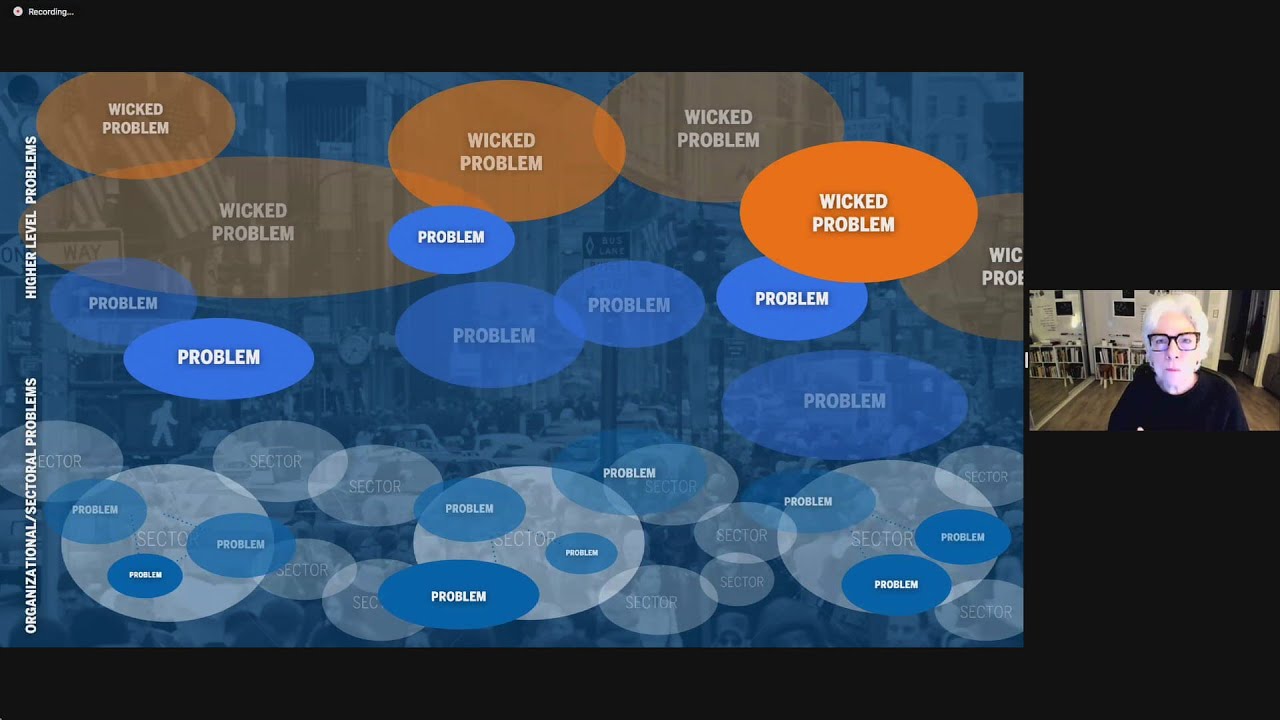
Terry IrwinProject type
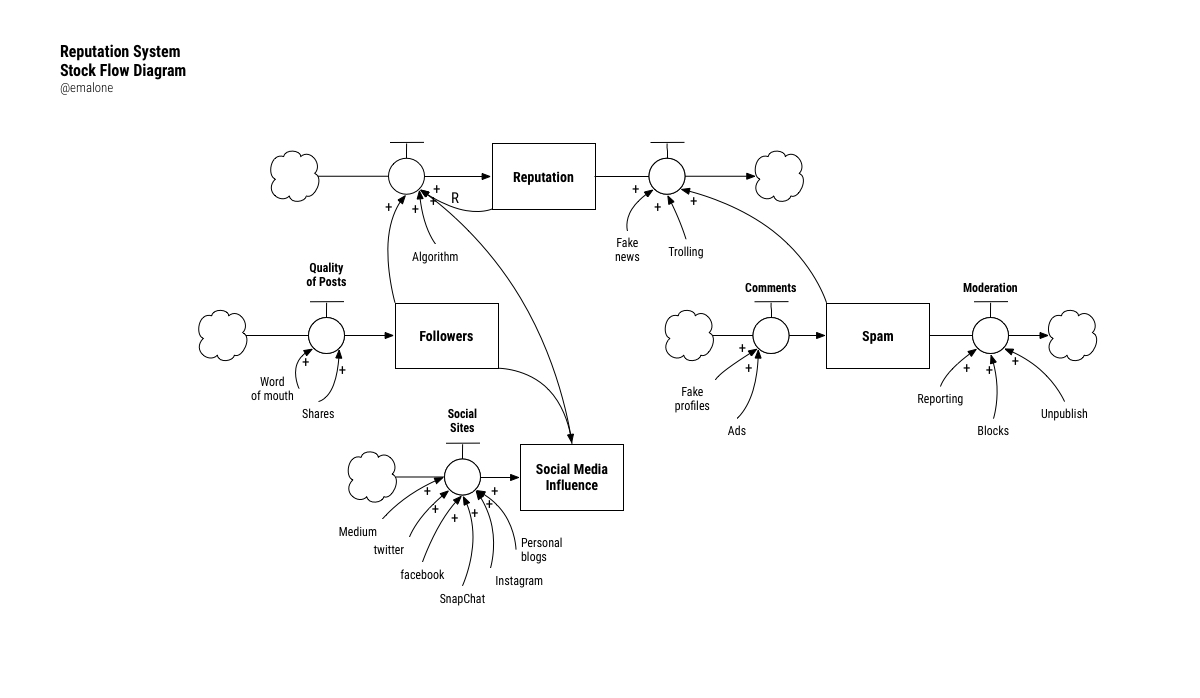
Donella MeadowsProject type
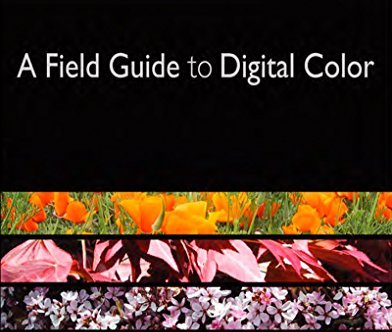
Maureen StoneProject type

Ray EamesProject type
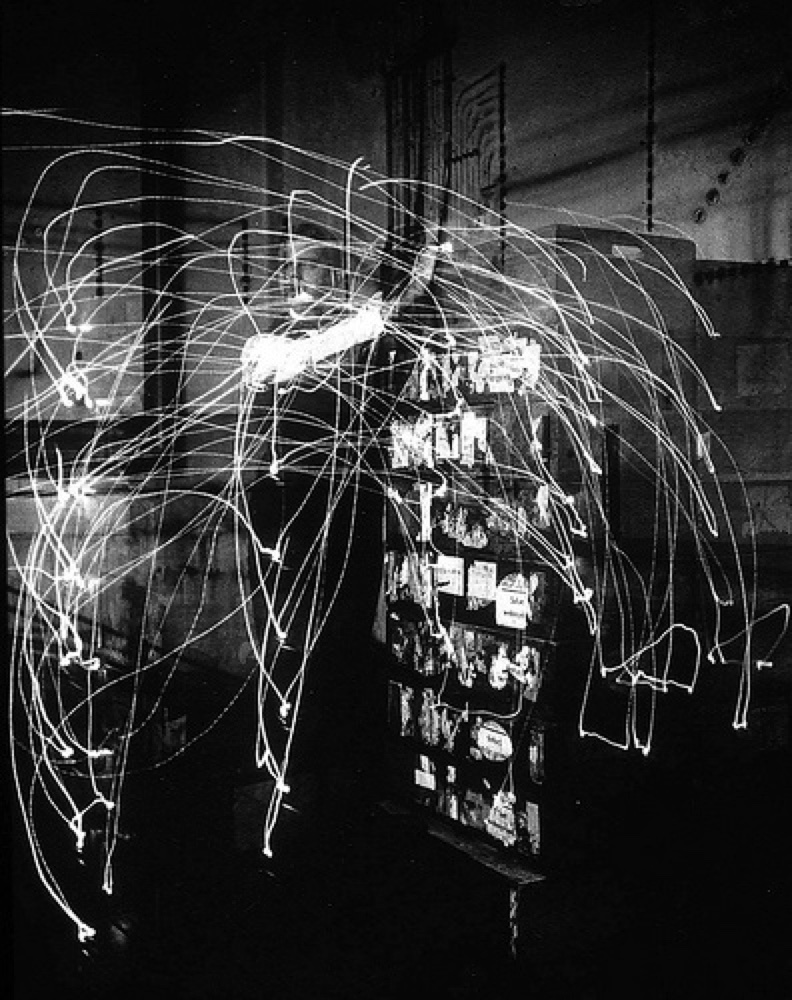
Lillian GilbrethProject type

Mabel AddisProject type

Ángela Ruiz RoblesDesigner

